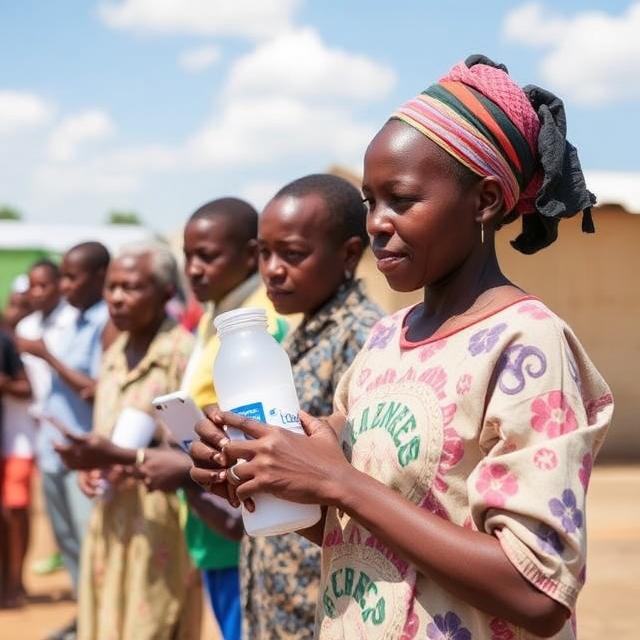Sanctions have been an extremely ancient instrument of global diplomacy, imposed to awe governments and institutions towards the path of global expectations. Their unintended effects can be catastrophic, particularly when they overlap with humanitarian action. Global Humanitarian Action Day is the day when minds must be focused on the pressing need for assistance in war-torn areas and poor communities. But even global humanitarian aid programs are most often rendered ineffective by the intricacies of international sanctions. Knowing the game between aid delivery and sanctions is a must for the sake of not letting humanitarian ethics be infringed upon in the name of politics.
How Sanctions Interfere with Delivery of Aid
Sanctions are able to limit the flow of goods, money, and services across borders. Although mostly employed to sanction regimes or actors found to be engaged in human rights violations or security threats, sanctions have a tendency to limit other aspects of the population. Humanitarian agencies that want to deliver food, medicine, and basic services need to do so subject to the restrictions of bureaucracy, banking restrictions, and supply chain barriers.
It is during Global Humanitarian Action Day that organizations highlight the impact of such restrictions. It is in Syria, Iran, and Venezuela that global humanitarian aid programs struggled to purchase medical equipment, compensate local staff, or even import staple commodities due to restrictions. It is these very people that such efforts try to assist who are most in need if sanctions are put on them with no exceptions or clearly delineated humanitarian avenues.
Financial Systems and the Risk of Over-Compliance
The most harmful debilitating effect of sanctions has been over-compliance. Banks are too risk-averse, in fear of getting punished or having bad press, and refuse service even when the transactions are permitted by law under humanitarian exceptions. NGOs and charities are thus unable to make payments, keep bank accounts, or accept foreign donations.
Even on International Humanitarian Action Day, when many campaigns reach across the globe for international fundraising assistance, aid agencies are confronted with blocked or delayed transfers. The knock-on effect is huge: emergency response is delayed, key staff remain unpaid, and life-saving assistance arrives too late. This risk-averse culture of finance erodes the sustainability and reach of global humanitarian aid programs around the world.

The Impact of Sanctions on Global Humanitarian Aid Action Day
Humanitarian Exemptions and Policy Reform
To attempt to counter burgeoning fears, humanitarian exemptions were added into sanction regimes by some international institutions. They are meant to allow aid to be transported through even in sanctioned nations. The process of applying the exemptions is time-consuming, bureaucratic, and patchy. It is also compounded by an inability to communicate effectively between governments, banks, and aid agencies.
Organizations that mobilize on Global Humanitarian Action Day urge such policies to be reformed. They insist on simpler exemption procedures, improved training of financial institutions, and humanitarian corridors legally safeguarded. It is only by implementing these measures that global humanitarian aid programs can remain effective under the threat of sanctions.
Technology and Innovation as Workarounds
Confronted with these setbacks, relief agencies are going to the extreme of seeking solutions in technology. Blockchain, mobile money, and decentralized finance are used to make transactions transparent and secure. In others, web-based platforms enable relief workers to circumvent the traditional bank systems altogether, accelerating money transfer as well as making it more efficient.
These technologies come under the spotlight during Global Humanitarian Action Day, where case studies and pilot projects on how to operate in spite of sanctions hurdles are presented by NGOs. These technologies ensure operational effectiveness as well as donor confidence by way of greater transparency and accountability in the delivery of the aid.
But these technologies are not the solution. They need the acceptance and approval of the masses as well as heavy capital investments. So even though they promise a lot, institutional redesign needs to be done for long-term success of international humanitarian assistance programs in sanctioned regions.
Sanctions have the tendency to undermine global humanitarian aid programs from being achieved even on Global Humanitarian Action Day, despite goodwill and good faith effort.
How Global Education Competes for Students in New York and South Korea
How US–China Geopolitical Tensions Are Shaping Global Sea Routes Map



